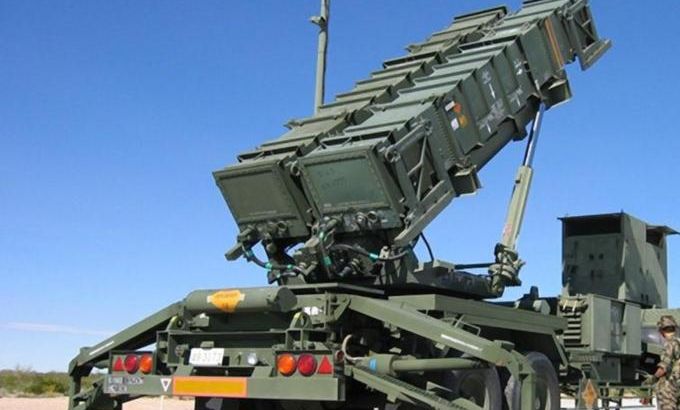US to bolster defences to counter N Korea
Defence secretary Chuck Hagel says deployment of further missile interceptors prompted by growing North Korean threat.

The US will deploy 14 additional ground-based defence missiles against the growing threat from North Korea, Chuck Hagel, the US defence secretary, has announced.
The interceptors will be based in Fort Greely, Alaska.
In addition, new radar capability will be installed in Japan to track any missiles fired by North Korea, Hagel said on Friday.
The US already has 30 interceptors in place in California and Alaska and the additional weaponry would be fielded by 2017, he said.
The move was designed to “stay ahead of the threat” posed by North Korea’s advances in technology for an intercontinental ballistic missile, Hagel said.
The increase will represent a near 50-per-cent increase over the current programme of 30 interceptor facilities.
“The United States has missile defence systems in place to protect us from limited ICBM attacks, but North Korea in particular has recently made advances in its capabilities and is engaged in a series of irresponsible and reckless provocations,” he said.
Hagel’s announcement came just days after James Clapper, director of national intelligence, told US Congress that North Korea was close to deploying a new mobile intercontinental missile system.
“We believe North Korea has already taken initial steps towards fielding this system, although it remains untested,” Clapper said on Tuesday.
It was the first public statement by a senior Obama administration official about the new mobile system.
North Korea has missiles that can strike South Korea and Japan but has yet to demonstrate it has the capability to fire long-range ICBMs.
US officials worry, however, that the North has made progress on that front, having put a satellite into orbit, while its nuclear weapons programme underlines concerns over the potential danger.
North Korea has issued a wave of drastic threats in recent days and announced it has abandoned the 60-year-old armistice that ended the Korean War.